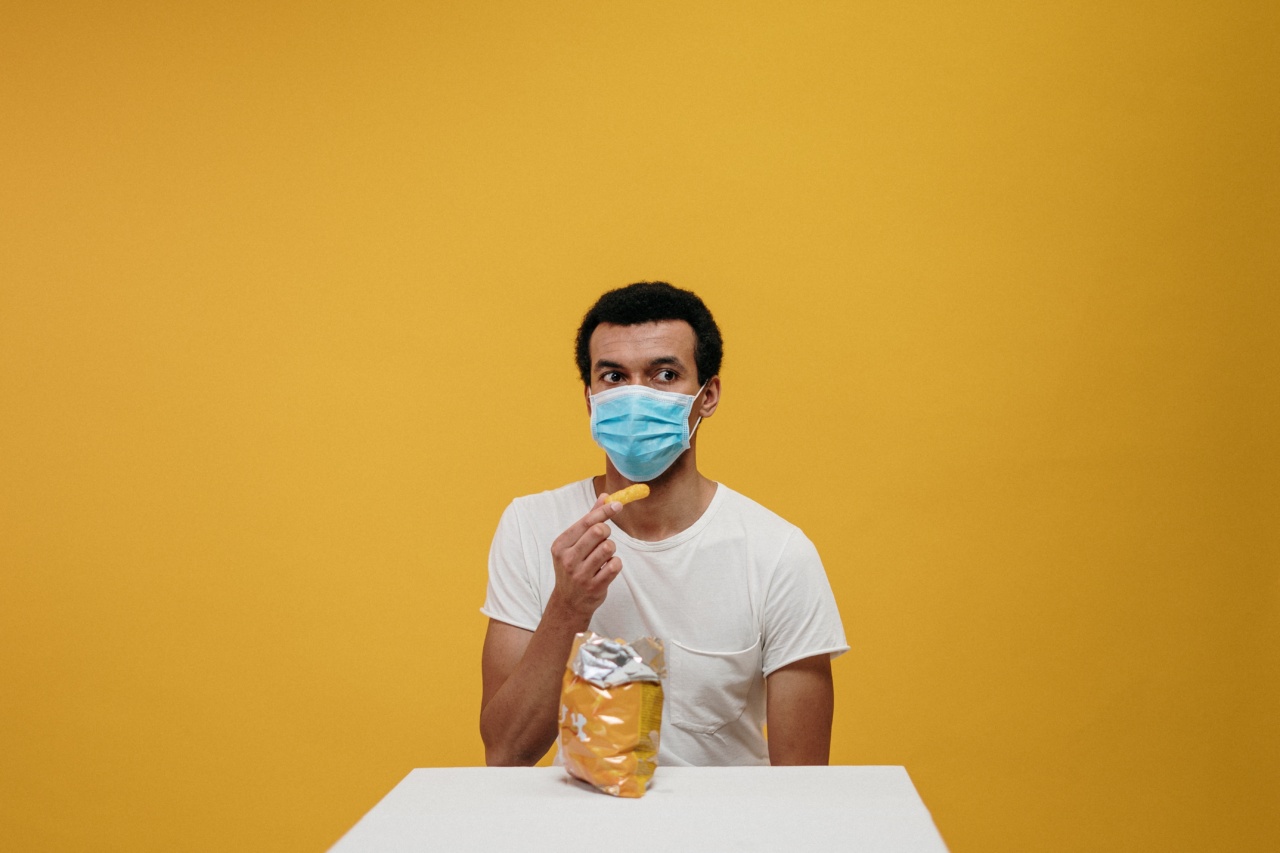Whether you’re dining at a fancy restaurant or grabbing a quick bite from a food truck, eating out can be an enjoyable experience.
However, it’s essential to prioritize your health and safety, especially when consuming food prepared outside the comfort of your home. These guidelines will help you make informed choices and ensure a safe dining experience.
1. Research the Restaurant
Before heading out to eat, take some time to research the restaurant you plan to visit. Look for customer reviews, hygiene ratings, and any reports of foodborne illnesses.
This allows you to gauge the establishment’s reputation and make an informed decision about dining there.
2. Check for Cleanliness
Upon arrival, observe the cleanliness of the surroundings. Look for clean tables, tidy restrooms, and well-maintained dining areas. If these areas appear dirty or neglected, it may indicate a lack of proper hygiene practices in the kitchen as well.
3. Examine Food Handling
Observe how the staff handle the food. They should use gloves or utensils when necessary to avoid direct contact. Cross-contamination, which occurs when raw and cooked foods come into contact, can lead to foodborne illnesses.
Ensure that the staff follows proper food handling protocols.
4. Opt for Fresh Ingredients
Ask about the ingredients the restaurant uses in their dishes. Fresh and high-quality ingredients are not only more delicious but can also reduce the risk of foodborne illnesses.
Inquire if they use any preservatives or additives in their food preparation.
5. Inquire About Allergens
If you have any food allergies or dietary restrictions, don’t hesitate to ask the staff about the presence of allergens in their dishes.
Restaurants should be able to provide detailed information about common allergens, such as peanuts, gluten, or shellfish, to help you make an informed decision about what to order.
6. Look for Proper Cooking
Undercooked or overcooked food can pose serious health risks. Pay attention to how the food is cooked and inquire about the cooking methods used.
Meats should be cooked thoroughly, and seafood should be fresh and properly handled to prevent food poisoning.
7. Be Mindful of Buffets and Salad Bars
When eating from buffet spreads or salad bars, be cautious as these self-serve options can increase the risk of contamination. Ensure that the containers are well-maintained, properly covered, and the food is kept at appropriate temperatures.
Avoid any dishes that appear to have been sitting out for too long.
8. Stay Hydrated
Drink plenty of water before, during, and after your meal. Water helps to wash away bacteria and aids in digestion. Additionally, staying hydrated can prevent dehydration, especially if you consume alcoholic beverages with your meal.
9. Trust Your Instincts
If something seems off about the establishment or the food being served, trust your instincts. Don’t hesitate to leave if you feel uncomfortable or suspect any potential health risks. Your well-being is paramount.
10. Practice Good Hygiene
Finally, always practice good hygiene yourself. Wash your hands thoroughly before and after your meal, especially if utensils or finger foods are involved.
Use hand sanitizers when necessary, and refrain from touching your face excessively during your dining experience.





























